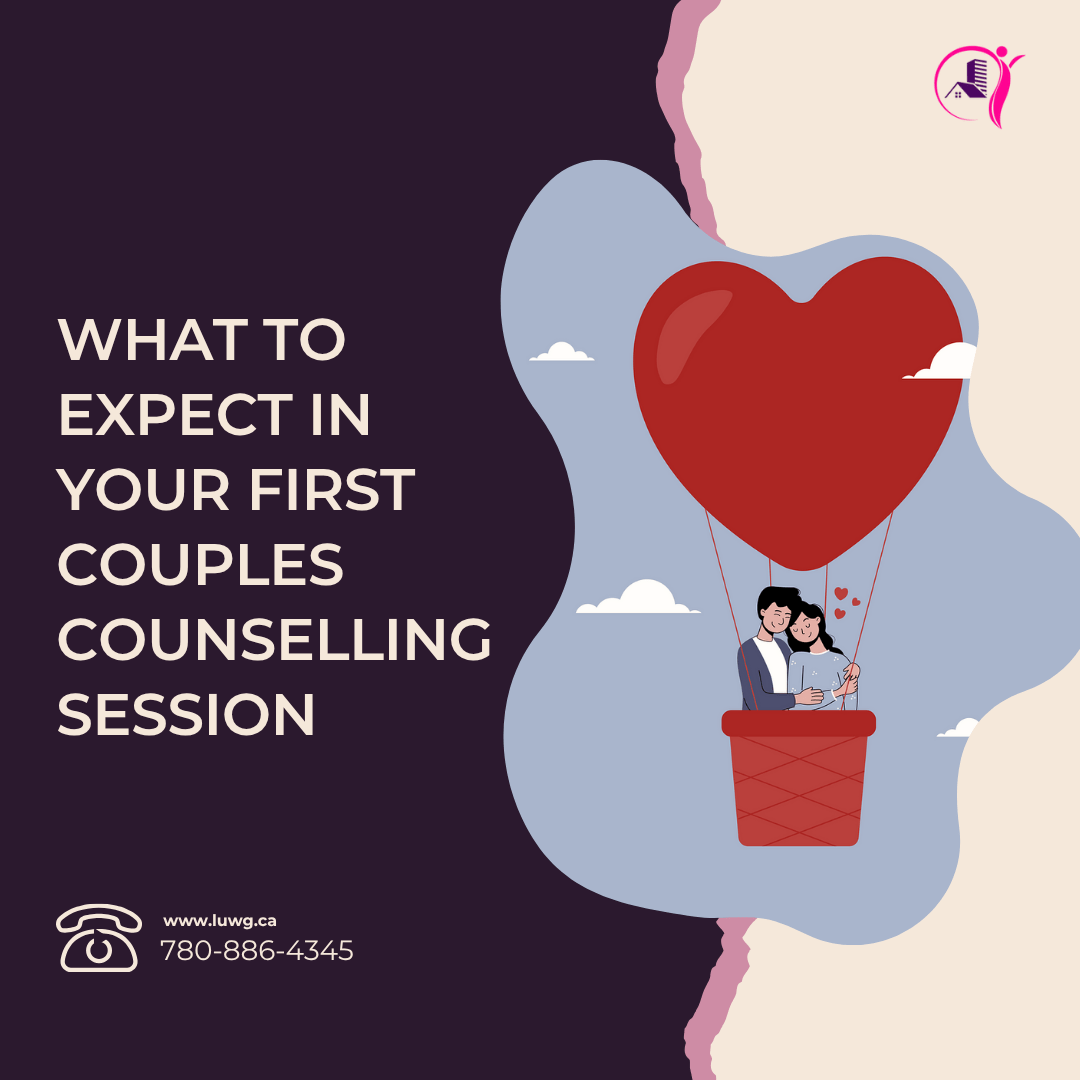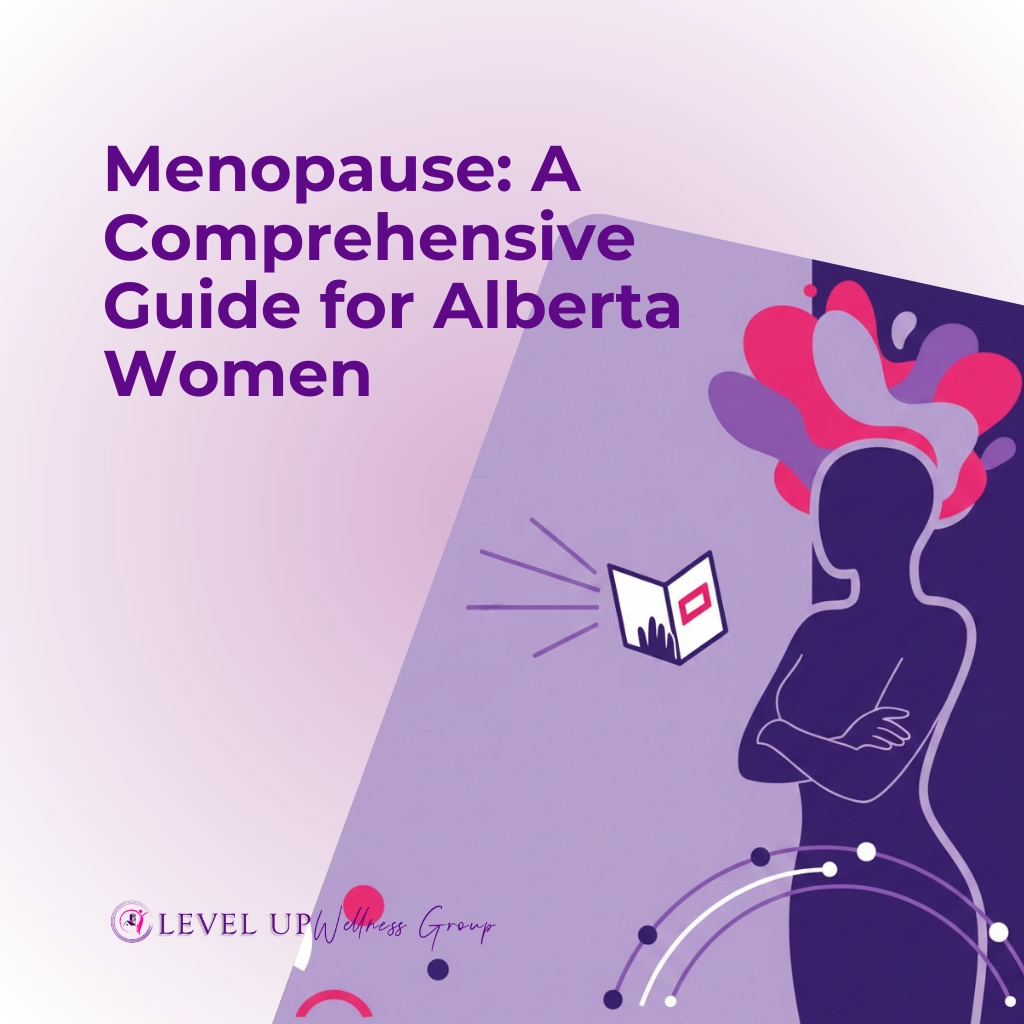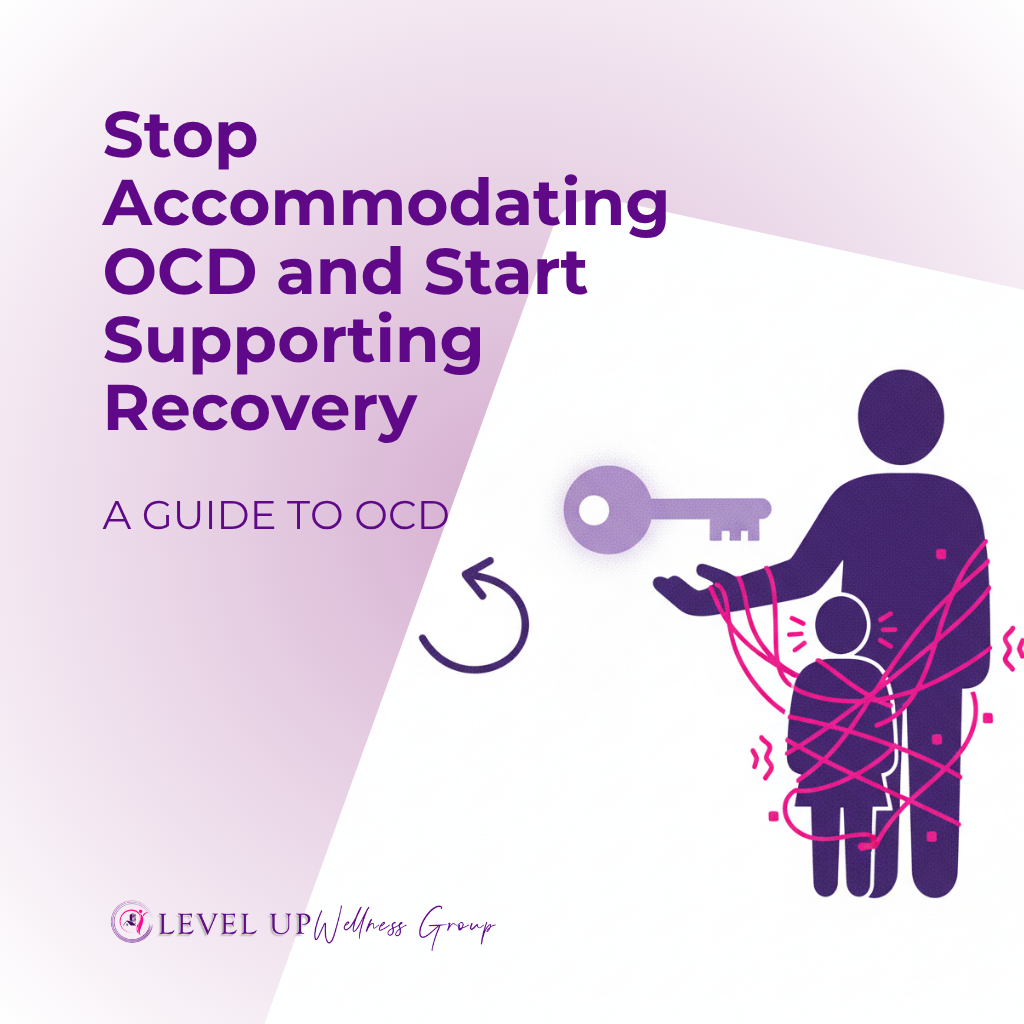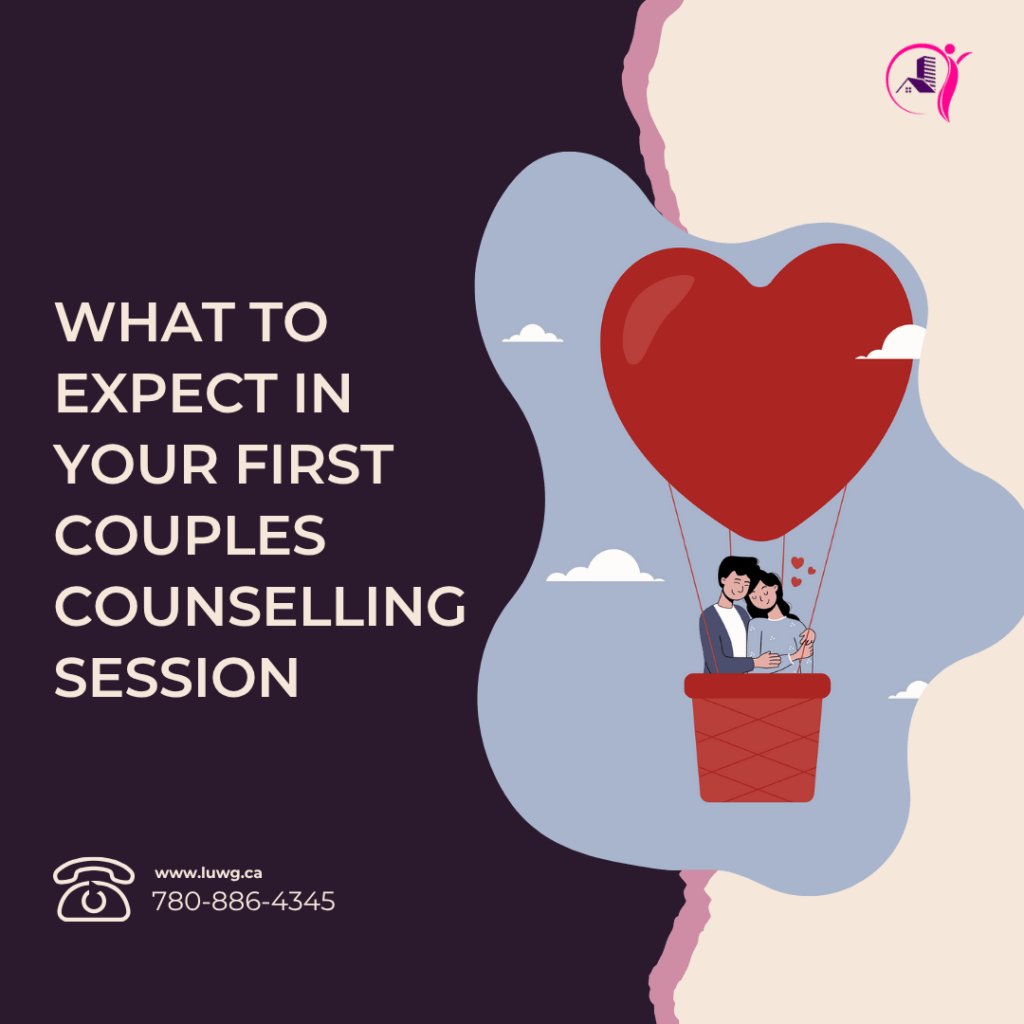
Curious about what happens in couples therapy? Here’s everything you need to know before your first appointment.
Taking the First Step: It’s Brave, Not Broken
Deciding to start couples counselling is a bold move—and a hopeful one. Whether you’re struggling with conflict or simply want to feel closer, walking into that first session says something powerful: you’re both willing to try.
Still, nerves are normal. Many couples feel uncertain or even skeptical before they begin. That’s okay. This article is here to guide you through what to expect in your first couples counselling session—so you can walk in with more confidence and less fear.
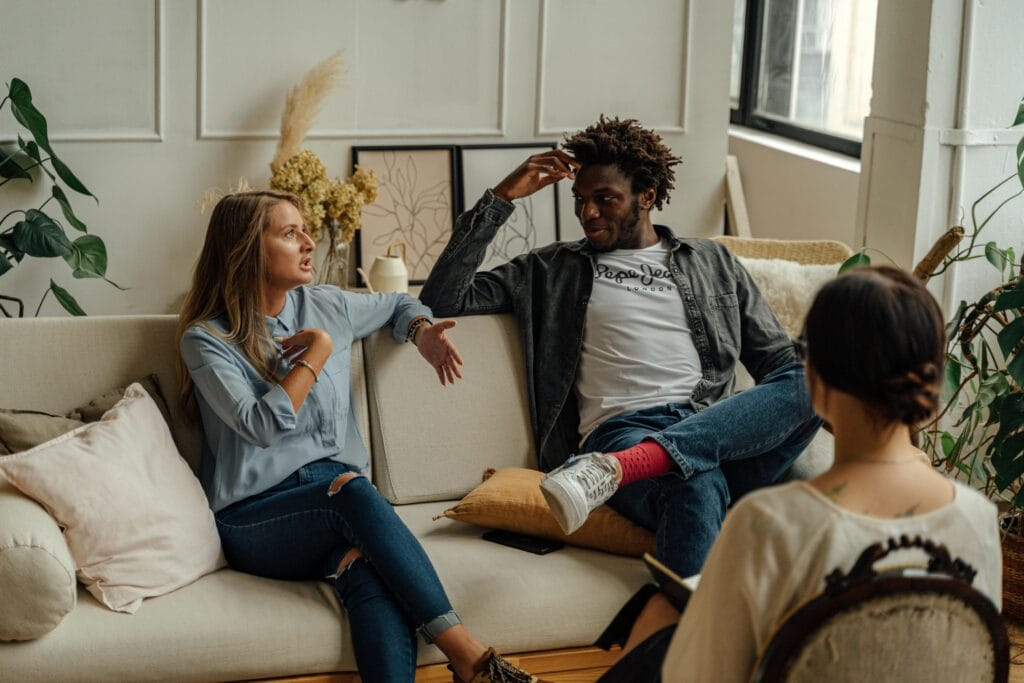
Why Couples Go to Therapy (You're Not Alone)
- Frequent miscommunication or arguments
- Emotional distance or lack of intimacy
- Infidelity or broken trust
- Parenting or family stress
- Life transitions or future planning
But here’s the truth: couples therapy isn’t just for relationships in crisis.
- In fact, many couples attend counselling proactively—because they want to improve communication, grow together, and build resilience before small issues turn into bigger ones
Whatever your reason, know this: seeking support is not a sign of failure. It’s a step toward a stronger, more connected relationship.
What Happens in a First Couples Counselling Session?
Let’s take the mystery out of that first appointment.
When you arrive (in person or online), the therapist will usually begin with a warm introduction and explain how sessions are structured. The goal is to create a safe, neutral space where both partners feel comfortable sharing.
Expect your therapist to ask open-ended questions like:
- What brought you here?
- What are some of your goals as a couple?
- What challenges have you been facing recently?
Both of you will get time to speak—the therapist will make sure the session feels balanced. There’s no need to “perform” or come in with rehearsed answers. You’re not being judged. You’re just being invited to share your story.
Tip: Every couple’s dynamic is different, and the therapist will adapt based on your needs and comfort level. It’s okay if you don’t agree on everything—that’s part of the process.
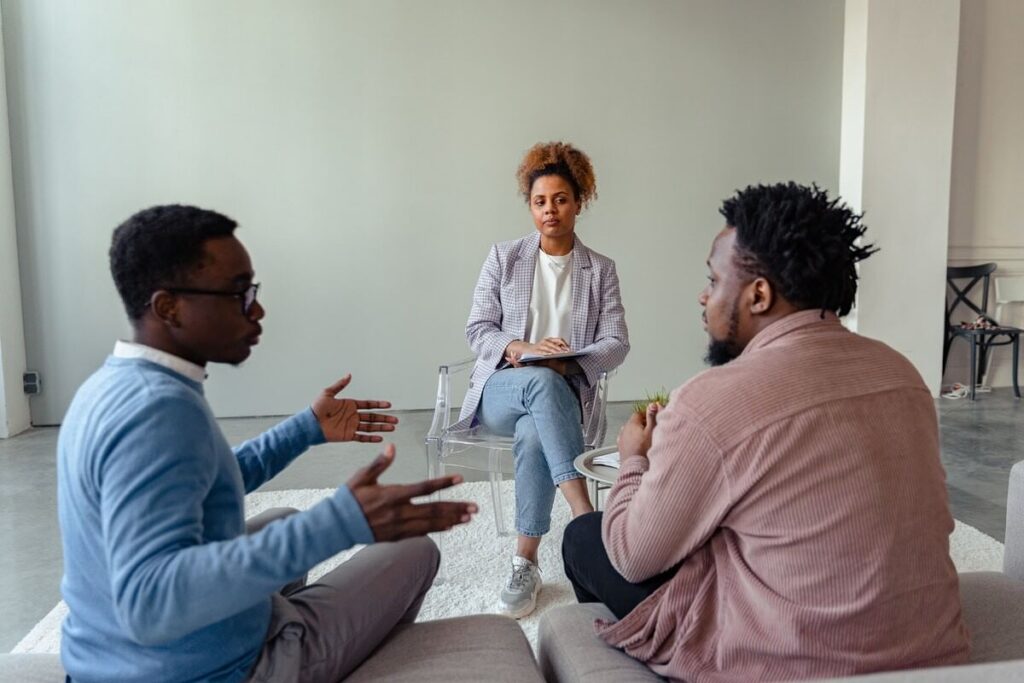
What the Therapist Does (and Doesn’t Do)
A couples therapist is not a referee, judge, or “fixer.” Their job isn’t to tell you who’s right and who’s wrong.
Instead, your therapist is a neutral guide who listens to both sides, helps identify unspoken needs or recurring patterns, and creates a path toward better communication.
They may:
- Reflect back what they hear to help you gain clarity
- Explore how past experiences shape current behaviors
- Help both partners feel seen and understood
- Suggest tools to de-escalate conflict and reconnect emotionally
But they won’t:
- Take sides
- Diagnose one person as the “problem”
- Push you to stay together or break up
Their role is to support the relationship, not pick a winner.
What If One Partner Is Hesitant?
This is one of the most common concerns we hear.
Maybe one partner is eager to get help, while the other is unsure, resistant, or even defensive. That’s okay. You don’t have to arrive with matching mindsets.
Counselling works best when both people show up with curiosity, not perfection. Even if one of you feels uncertain, your presence still matters. Often, trust in the process builds over time.
Reminder: It’s okay to have different levels of readiness. What matters is being willing to listen, share, and try.
4 Quick Tips to Get the Most Out of Your First Session
Want to make that first hour count? Try these small but powerful steps:
- Be honest—even if it’s awkward
Speak your truth gently but clearly. Vulnerability is how healing starts. - Journal before your session
Write down your thoughts, concerns, or hopes. It can help you organize your voice. - Set a shared intention
Something simple like: “Let’s try to understand each other better today.” - Give each other grace
This process is new. Emotions might surface. That’s part of showing up.
You Might Feel... and That’s Totally Normal
After the session, don’t be surprised if you feel a mix of things:
- Nervous – You just opened up about real stuff.
- Hopeful – You took a step forward together.
- Tired – Therapy takes emotional energy.
- Relieved – You finally had space to say things out loud.
All of these emotions are completely valid. Counselling doesn’t solve everything in one session—but it does start the momentum.
The simple act of showing up together is already progress.
What Comes Next?
One session won’t transform everything overnight—but it opens the door. The next step? Keep walking through it.
In follow-up sessions, your therapist might explore each partner’s history, introduce new tools, or guide you through tough conversations you’ve avoided. Over time, patterns will become clearer, and you’ll begin building a deeper foundation of trust and understanding.
Therapy is a journey, not a destination.
You don’t need to have everything figured out. You just need to keep showing up—together.


